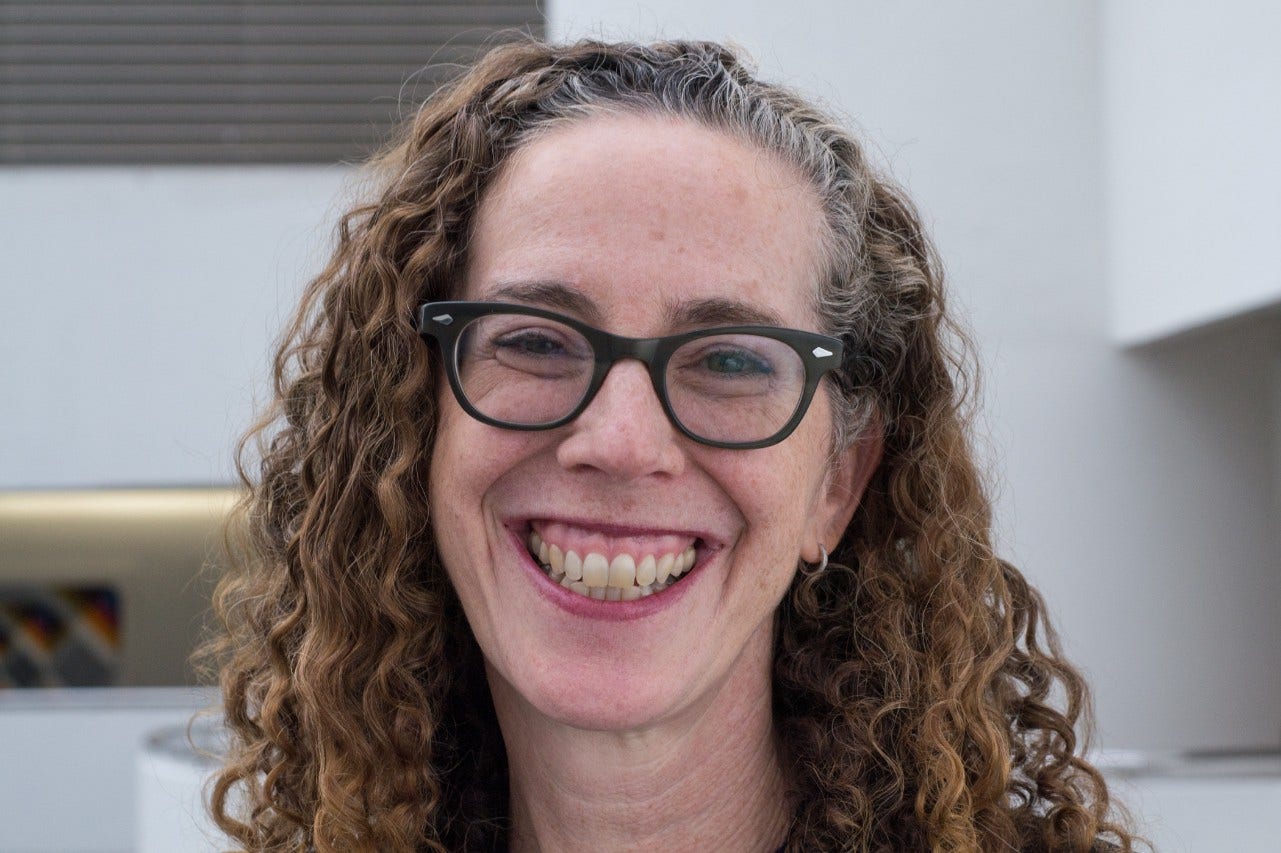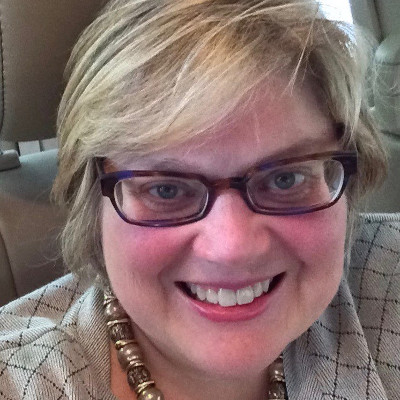Financial Problems Can Affect Cancer Survivors for Years
When people have cancer, the kinds of treatment they get and the quality of follow-up care can make a difference in how well they do. So can their healthcare costs and any debt they accumulate. “Research suggests that financial hardship can lead to worse health,” said Robin Yabroff, PhD. As a senior scientific director in health services research at the American Cancer Society, she contributed an article on preventing and minimizing financial hardship in the Journal of Clinical Oncology.
We asked her how people with cancer and their families develop financial problems and what can be done to help.
Q: How many people experience financial problems after being diagnosed with cancer?

Yabroff: Research shows that 40% of Americans cannot afford an unexpected expense over $400. So a cancer diagnosis might create serious financial hardship. In fact, more than half of US cancer survivors say they have high medical costs, have stress from worrying about paying health bills, or have delayed medical care due to costs. Almost 33% say they have more than one of those problems.
Not having health insurance is strongly associated with having medical financial problems. But people with private health insurance are increasingly having trouble too. Many health insurers are requiring greater cost-sharing, including higher premiums, higher deductibles before coverage starts, and higher copays and coinsurance. That means people can be under-insured with health insurance plans that don’t have affordable coverage. They have to pay too much before the insurance kicks in and helps pay for doctors’ appointments and medicine.
Financial problems aren’t always directly due to medical bills or insurance costs either. Cancer and its treatment can affect employment for patients and caregivers. Working fewer hours may not only reduce income but also may affect health insurance, since US coverage for adults younger than age 65 is mainly through employers.
Parents of children who have cancer may be especially affected from extended disruptions in employment.
Financial problems are common in cancer survivors age 45 and younger who often have children at home. They may still be paying off student loans and home mortgages. Some people can’t contribute to or use retirement savings or children’s college funds to help make up lost earnings from cancer and its treatment, which can affect their financial situation in the future.
Cancer treatment in people in their 20s and 30s may interrupt their education or transition from school to the workplace. This age group also has the highest percent of uninsured people in the US.
Q: How do financial problems affect someone’s care?
Yabroff: One study found that cancer survivors who had less than 1 year of financial reserves had a reduced quality of life and more trouble from symptoms than those who had reserves. Other studies show people with cancer are more likely to declare bankruptcy than similar people without a cancer history. And those cancer patients who declared bankruptcy, also have an increased risk of death compared with cancer patients who haven’t declared it. That’s pretty striking.
We don’t really know how financial hardship affects mortality—it’s an active area of research. We need to answer questions like: Are people with financial problems less likely to get recommended treatment for cancer or other health problems? Or making tradeoffs between cancer treatment and housing or food? Or worsening their health from stress?
Q: What can people do?
Yabroff: One of the first things they can do is call the ACS 24-7 helpline, at 1-800-227-2345, or take part in a live chat with a cancer information specialist on cancer.org. They can learn about ACS programs, including housing in a Hope Lodge and transportation from the Road To Recovery program. They can also talk about getting help to pay for prescription drugs and other programs to help with cancer-related expenses.
I strongly encourage patients and families to talk with all their healthcare providers about any challenges they’re having. Sometimes, doctors can adjust appointment times or treatments to help patients reduce time away from work for cancer care or because of side effects from treatment.
Plus, more and more hospitals and doctors are offering financial navigation to help patients get health insurance, better understand their coverage, or link them with other types of help.
Q. Who else can make a difference?
Yabroff: There’s a growing area of research about how employers can support employees with cancer. Employers make decisions about what health insurance plans to offer their employees. Research has shown that some policies are effective—such as relaxing the number of hours worked, allowing flexible work locations or hours, and paid sick leave and short-term disability.
Providers can help normalize conversations about the expected costs of treatment, removing the stigma associated with needing financial support. They need to screen all patients for financial problems at the beginning—while they’re talking about a diagnosis—and throughout cancer care. It’s important that providers don’t leave anyone out of these conversations. Since cancer and its treatment can affect employment, someone who currently seems wealthy or with very comprehensive health insurance may risk financial problems if they can’t keep that job and insurance.
Q: How does research like yours make a difference?
Yabroff: One reason I’m so interested in studying this area is because many of the things that can lead to financial hardship can be changed, like health insurance coverage and communication about anticipated costs of care.
Research can also inform health policy. For example, a large body of research show patients with high out-of-pocket costs for cancer screening were less likely to be screened. And some of that information helped lead to the elimination of cost-sharing for some preventive services through the Affordable Care Act.
- Helpful resources
- For researchers




